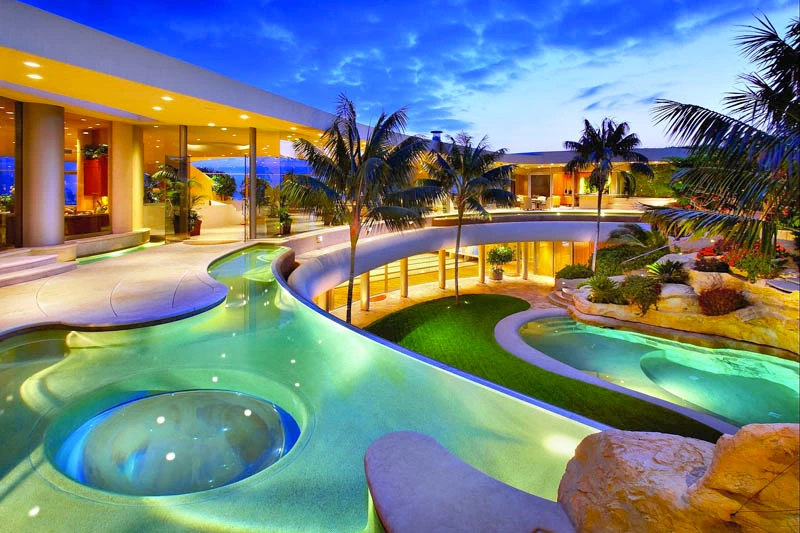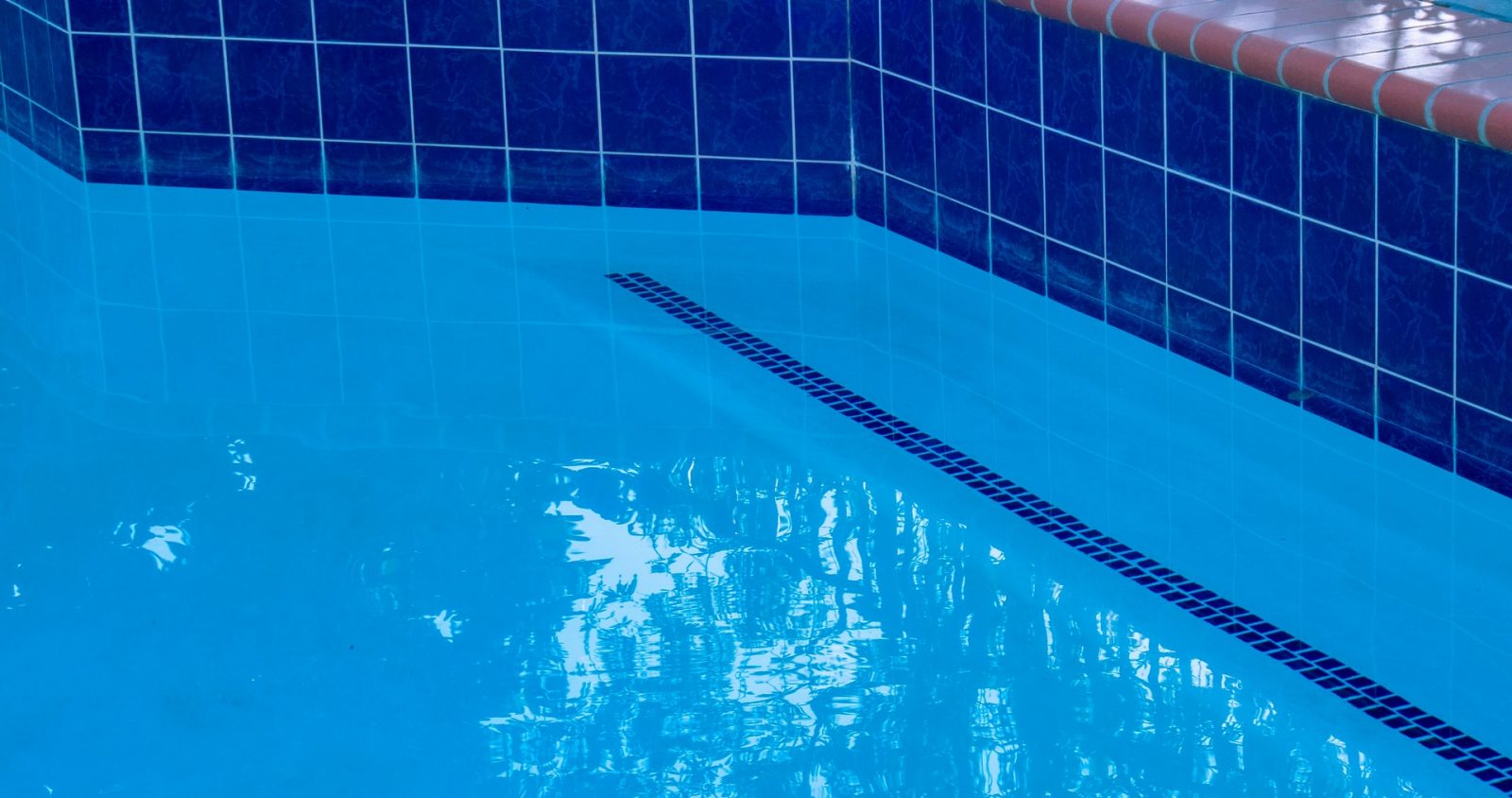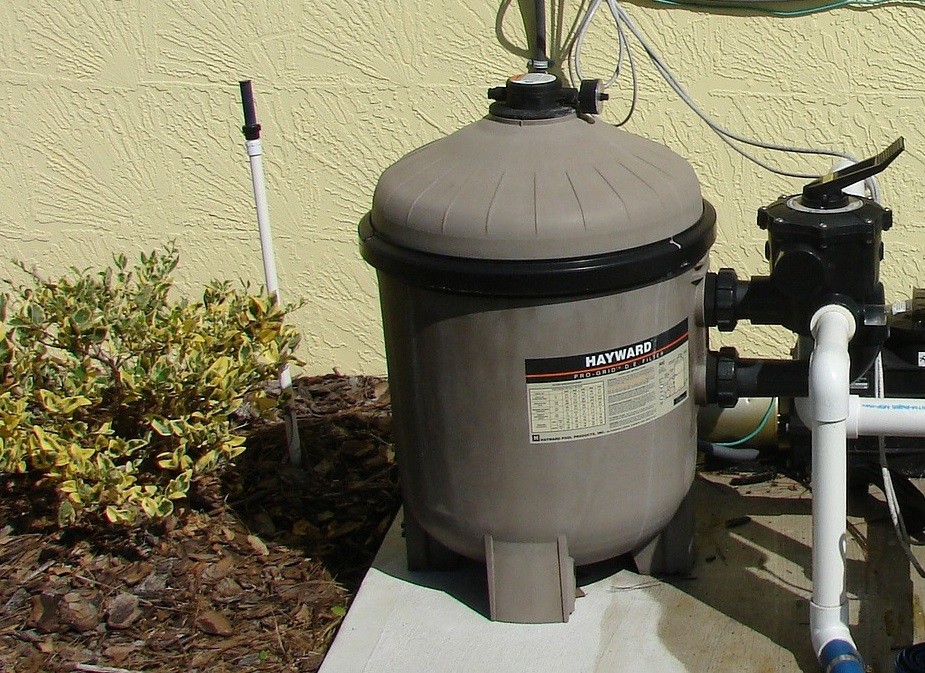Saltwater pool is the substitute for traditional chlorine that most pool owners utilize. In terms of budget, it needs huge investment, which is expensive compared to traditional pools. It requires more technicians than ordinary pools that can fix minor pool issues.
A saltwater pool is a swimming pool that uses a salt-chlorine generator to convert bulk salt into chlorine. The function of these is the same as standard pool chlorine, such as it kills algae, bacteria, and other microorganisms. Moreover, it oxidizes dirt, serves as a disinfectant, and it makes your swimming pool smoother and fresher.
Moreover, many swimming pool owners opted to convert from chlorine to saltwater for other reasons that the maintenance cost is lower and easy to clean and repair. But bear in mind that saltwater pools are not zero maintenance.
In addition to this, if you prefer a saltwater pool, an owner or investor must know how to keep your pool well maintained. Here are some tips to serve as your guide on how to aftercare a saltwater pool.
Daily Maintenance
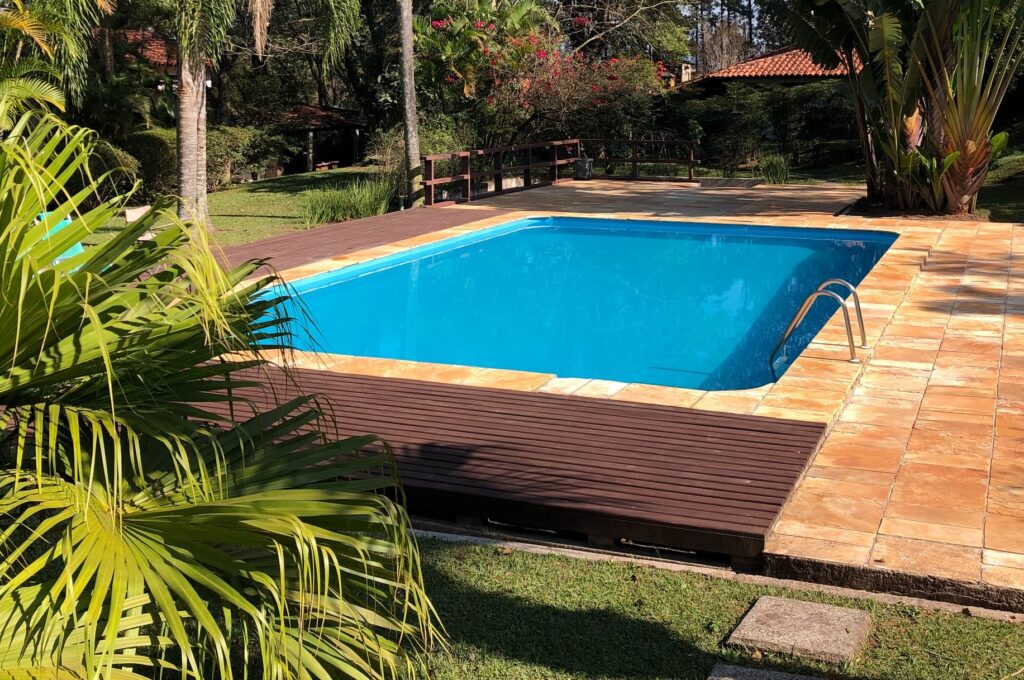
As swimming pool owners and someone who has a pool business, you should put into practice cleaning your pool regularly, especially the pool filters, which can easily carry debris, bacteria, or algae that can cause damage to filters, skimmers, and can risk all swimmers
Moreover, checking the skim pool surface is very important. Skimming the pool daily helps to eliminate dirt, pollens, leaves, and other debris found on the pool surface.
Another thing that you must check is the pH level which refers to the alkalinity and calcium level of your pool. It is better to keep a monitor because this has an important role in your pool, especially on the efficacy of chlorine in the pool. Also, you must ensure the correct pH level of your pool or the recommended measurement is achieved.
Furthermore, maintaining your water level is also part of your daily task. You should always check if the water level of your pool is balanced, which means the water is not too high and low. It is vital to keep your swimming pool fresh, healthy, and safe to use.
Weekly Maintenance
You should test your saltwater pools every week by using test strips or kits. Check for chemicals such as the pH level and free chlorine. When we say free chlorine, it is known as chlorine residual, this means it eliminates the bacteria and other viruses that may cause diarrheal disease.
The normal free chlorine level is 1 to 3 ppm, while the pH level is at least 7.2 to 7.6. You may adjust your generator if your chlorine level is off. Additionally, you can use baking soda to raise or muriatic acid to lower the pH level.
Monthly Maintenance
Four things require to be checked in your pool every month, such as alkalinity, stabilizer, and calcium.
The ideal pool salt level is between 2700 and 4500 ppm. For accurate results, you can use a salt meter or check the pool use manual to ensure the correct pH level since it may differ depending on your pool model.
While alkalinity, the recommended level is between 80 to 120 ppm. Again, you may use baking soda or muriatic acid to adjust it.
For stabilizers, the most used for saltwater pools is cyanuric acid or CYA. Ensure it has the proper measurement of 70 to 80 ppm. Lastly, you should also check the calcium hardness in your pool with a target measurement of 200 to 400 ppm to avert scaling and corrosion.
Common Salt Water Pool Cleaning Mistakes

There are different procedures on how to clean and maintain swimming pools. However, for saltwater pools, you can notice that there are partly differences relative to traditional pools, including the chemicals, pool water level, and the pool equipment.
Many pool owners and investors have mistakes in cleaning their swimming pools, such as the following.
Thinking A Salt Water Pool Has No Chlorine
In a saltwater pool, you do not need to add more chlorine. If you add salt to your swimming pool, your generator uses it to dissolve salt to produce chlorine. As a result, it provides a stable, lower chlorine level than traditional pools.
Not Testing Your Free Chlorine Levels Each Week
As mentioned, saltwater produces chlorine. This means you should still need to test and balance your free chlorine level to keep your water sanitized. Additionally, your free chlorine level should be 1 and 3 ppm with 3 ppm as the ideal level.
Not keeping Your pH Levels In Check
Your pH will experience an increase in a saltwater pool since the generator raises your pH as the systems run. The pH level, which is higher than normal can lead to skin irritation, burning eyes, and causing scaling on your pool equipment.
Adding Too Much Salt Too Quickly
At some point, adding salt stays in the water. Moreover, salt does not evaporate, which means it constantly flows through your salt generator and at the same time produces chlorine.
Your high salt level will only lessen with rain, or by decreasing your water manually. To ensure you have an exact salt level, you have to add it slowly in your pool when necessary to help you control how much you are putting into the water.
Not Testing Your Salinity
The saltwater generator shows your salinity level. It is vital to test your salt levels manually if your system gives false readings.
You must check your salinity level once a month during pool season. Furthermore, use test strips to check the salt level or digital salinity reader as preferred.
Not Testing and Balancing Your Alkalinity, and Calcium Levels Each Month
Aside from testing your salinity levels, you should also test your alkalinity, calcium hardness, and stabilizers. It is to ensure that your swimming pool has the right balance of chemicals to keep your pool safe and healthy.
Forgetting to Shock Your Pool Regularly
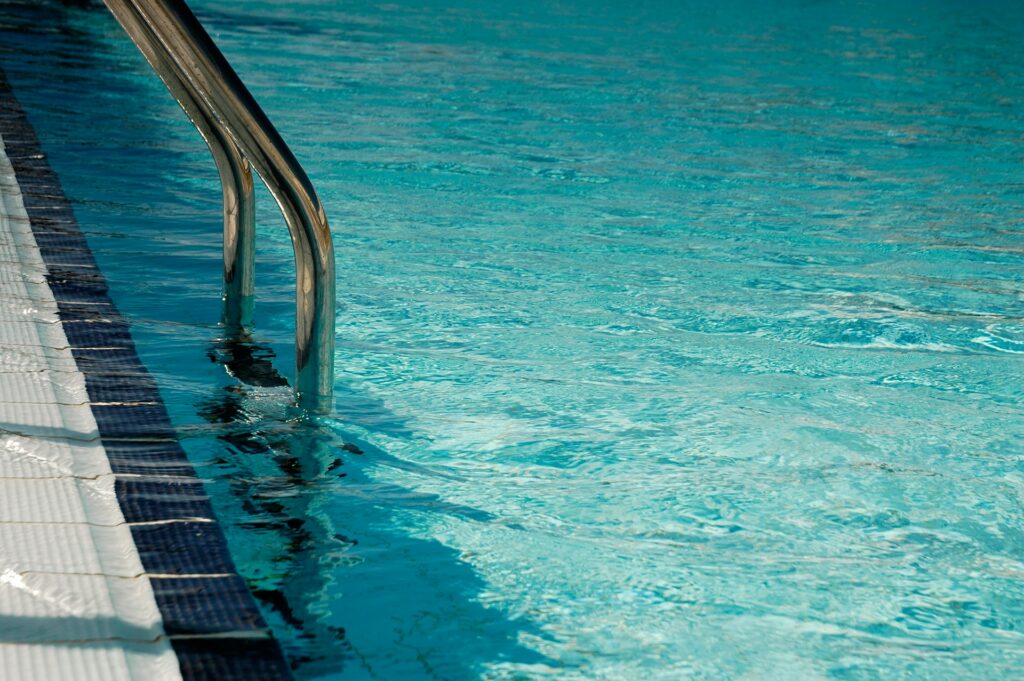
Frequent shocking of the pool helps destroy the remaining contaminants, algae, and bacteria. It is an activity that adds an extra boost of chlorine to help raise your free chlorine levels. Moreover, having a boost can disseminate extra chlorine from the system.
Letting High Salt Levels Break Down Your Pool Equipment and Surfaces
Saltwater is not dangerous in standard applications. In such a case that the salinity level of your pool gets higher, it can start to damage your pool equipment, pool liner, and pool cover. Use a pool tube to avoid the O-ring from malfunctioning, as well as the rest of the pool equipment. Make sure to rinse them with a garden hose once a week.
Forgetting to Inspect Your Salt Cell
It is crucial to check your salt cell every three months at the beginning and end of pool season.
Open and check your saltwater cell if there are bacteria built up inside. In many cases, they used high water pressure to remove them. Furthermore, to make sure that it is well clean, use a diluted mixture of muriatic acid to get rid of bacteria.
As a tip. Always follow the cleaning procedures with your saltwater generator. It would also be best if you will contact a pool contractor in phoenix az to help you maintain your saltwater pool whether it is daily, weekly or monthly.
Interested in a free quote and you live in Chandler, Gilbert, Queen Creek, Mesa, or Tempe please contact Aloha Desert Pools at 480-625-8794 or email us!




